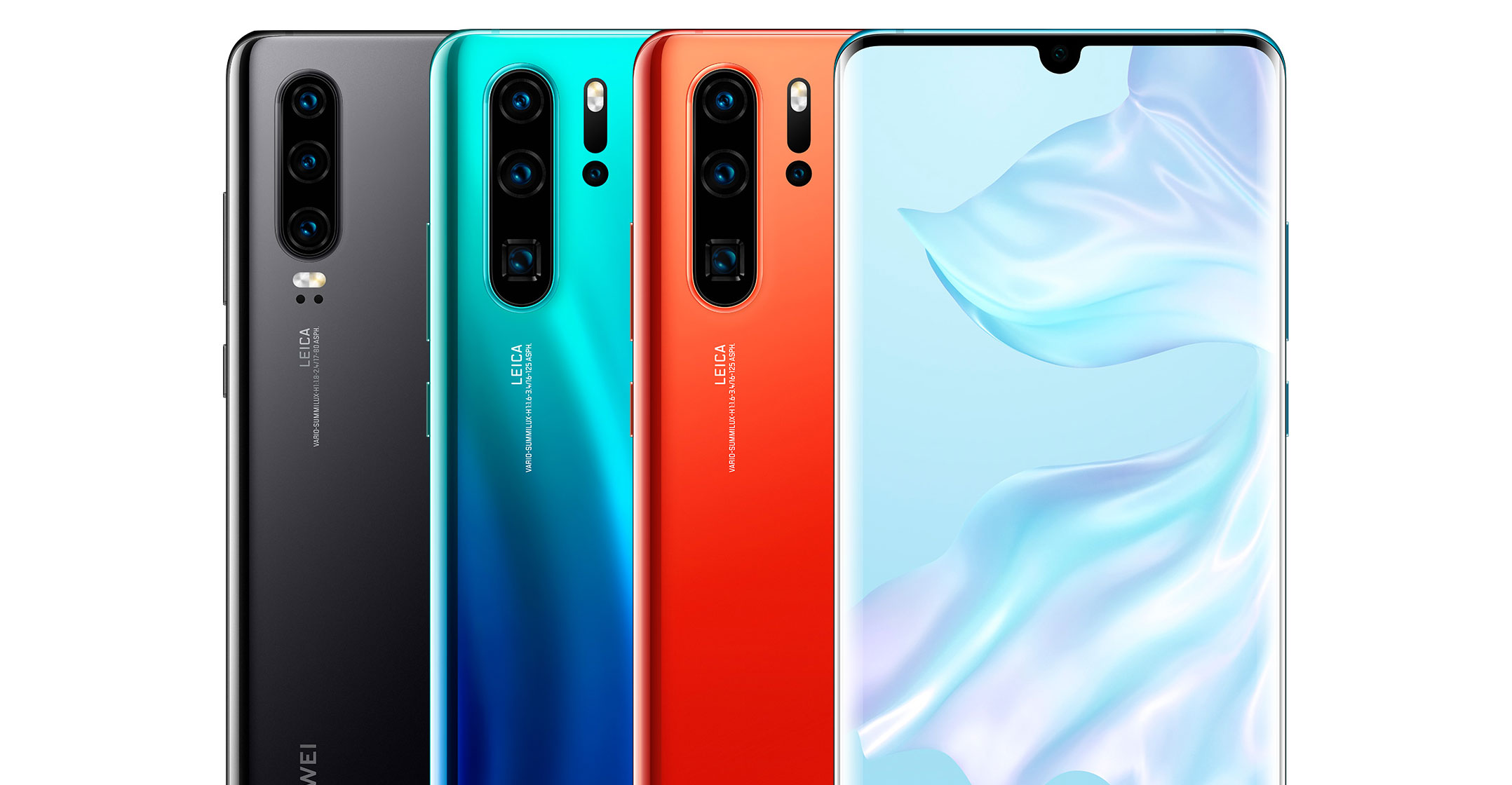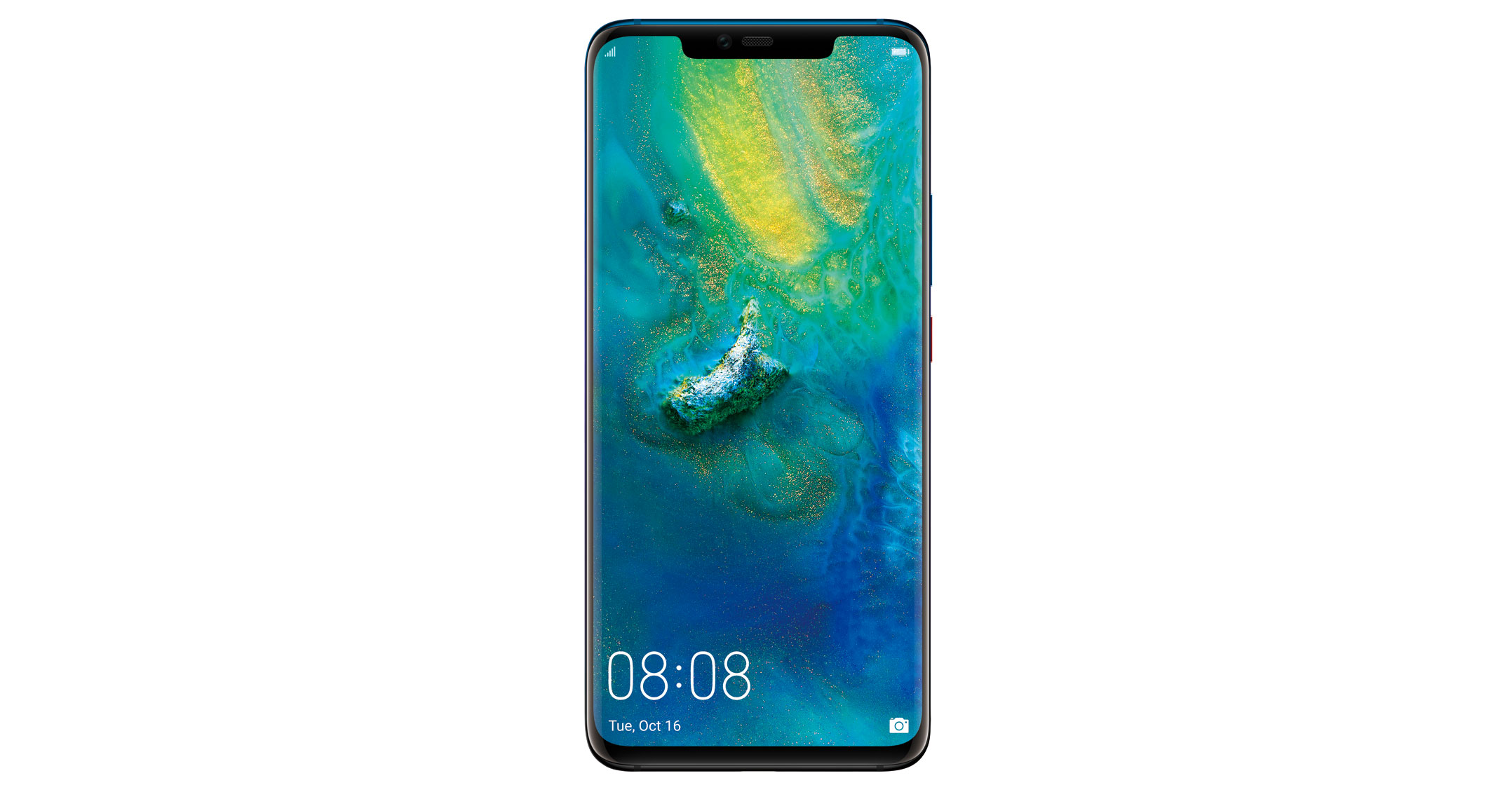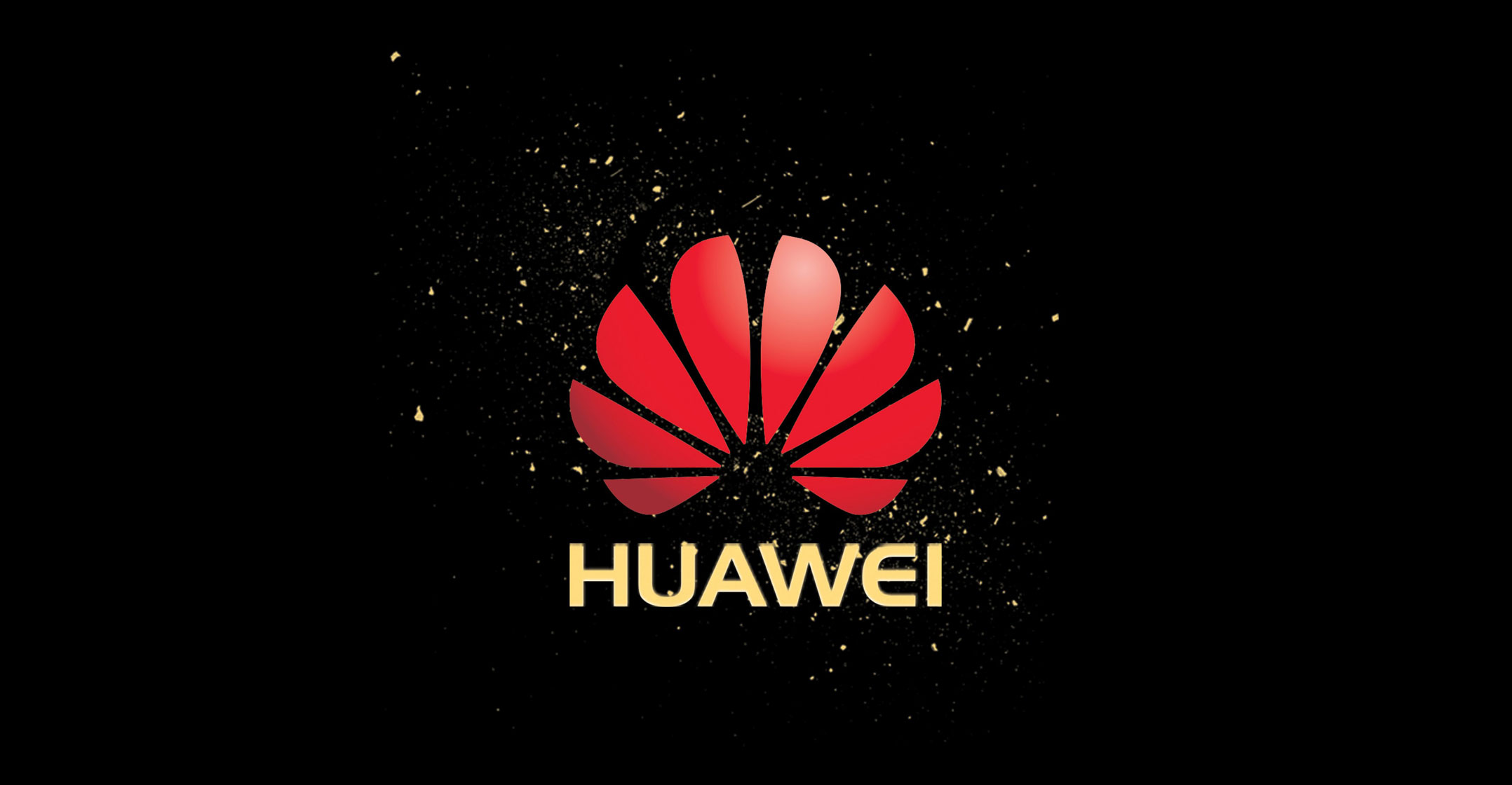
Phone companies are scrapping plans to sell Huawei handsets as the impact of a US supply ban spreads, threatening to impede the Chinese technology giant’s global smartphone ambitions.
Carriers in Japan, Taiwan and Britain stopped taking early orders for newer smartphone models from Huawei on Wednesday or shelved plans to offer its handsets equipped for new 5G wireless networks.
US President Donald Trump’s move last week to put Huawei on an export blacklist amid a trade war with Beijing threatens to cut the tech company off from US software and component suppliers. Telecoms operators fear that could affect the functioning of its newest handsets as Huawei won’t get access to the most popular version of the Android mobile operating system developed by Google.
If the boycotts multiply, it would be a major blow to Shenzhen-based Huawei, which is trying to overtake South Korea’s Samsung Electronics as the world’s top handset supplier this year after leapfrogging Apple. Mobile phones and other devices in Huawei’s consumer business account for almost half of its revenue.
More than a billion smartphones are sold annually worldwide, and many are bought wholesale by telecoms operators. They include the devices in their wireless subscription plans for a monthly fee, making them a vital sales channel.
Britain’s BT Group decided not to include Huawei phones in Britain’s first 5G network because of uncertainty over whether they could use Android, a spokesman for the carrier said.
“We’ve put the Huawei devices on pause until we’ve got a bit more information on that,” the head of BT’s consumer division, Marc Allera, told reporters ahead of the start of 5G services next week.
Uncertainty
Rival Vodafone Group paused pre-orders for the Huawei Mate 20X (5G) in the UK as “a temporary measure while uncertainty exists regarding new Huawei 5G devices”, a spokesman said.
British retail chain Dixons Carphone followed suit in the afternoon, also pausing Huawei 5G phone pre-orders, a spokeswoman said.
NTT Docomo, Japan’s largest operator, stopped taking pre-orders for Huawei’s new P30 handset, and KDDI delayed the introduction of the phone indefinitely. SoftBank’s YMobile announced a similar move, citing concerns over the availability of software updates. Taiwanese carrier Chunghwa Telecom, meanwhile, said it won’t procure new Huawei models.
 This is an unfortunate time for a 5G handset manufacturer to suffer damage to its reputation, said CCS Insight analyst Ben Wood, who estimates the next generation of phones will make up over 30% of the roughly 18 million devices in the UK market next year.
This is an unfortunate time for a 5G handset manufacturer to suffer damage to its reputation, said CCS Insight analyst Ben Wood, who estimates the next generation of phones will make up over 30% of the roughly 18 million devices in the UK market next year.
“The problem is that even if all of this was fixed overnight, and the US administration said, ‘Terrible mistake, it’s all fine, silly us,’ the uncertainty that it’s created is Huawei’s biggest enemy now,” he said.
Huawei phones developed and certified by Google before 16 May will still get access to Google’s Play app store and its pre-loaded apps and services. Updates from Google will continue as they are transactions between Google and end users, not Google and Huawei.
However, Google won’t be allowed to work with Huawei on software bugs and other technical fixes. Instead, the Chinese firm will have to do this on its own, using the open-source version of Android.
Some owners of Huawei phones around the world took to social media to express concern over the potential impact on their handsets. Huawei’s marketing team assured customers their phones would continue to be safe and usable.
Should Google’s system no longer be available, “then the alternative option will naturally come out — either from Huawei or someone else”, Abraham Liu, Huawei’s representative to the European Union institutions, said at an event in Brussels on Tuesday.
Key market
Europe is a key market for Huawei’s consumer business because of its appetite for high-end phones. Huawei is also the region’s biggest supplier of mobile network equipment and has staked out a major role in rolling out 5G networks worth billions of euros. Huawei is already effectively barred from the US.
With US allies under growing pressure to restrict Huawei, carriers have been reviewing their ties to the company and devising backup plans in case of bans or supply disruption.
In the UK, BT plans to remove Huawei from the core of its EE unit’s 4G network, while giving it a major role supplying 5G infrastructure.
 The Trump blacklist “affects the devices more than it does the radio access network”, said BT chief technology officer Howard Watson. “There are also US suppliers to Huawei radio access equipment. That’s something we’re monitoring very closely as well.”
The Trump blacklist “affects the devices more than it does the radio access network”, said BT chief technology officer Howard Watson. “There are also US suppliers to Huawei radio access equipment. That’s something we’re monitoring very closely as well.”
A UK spokesman for Huawei, commenting on the smartphone decision by BT’s mobile unit EE, said: “Our priority remains focusing on our customers and their requirements. We look forward to continuing our successful collaboration with EE.” — Reported by Thomas Seal, Takahiko Hyuga and Lily Nonomiya, with assistance from Debby Wu, Gao Yuan, Giles Turner and Deirdre Hipwell, (c) 2019 Bloomberg LP




